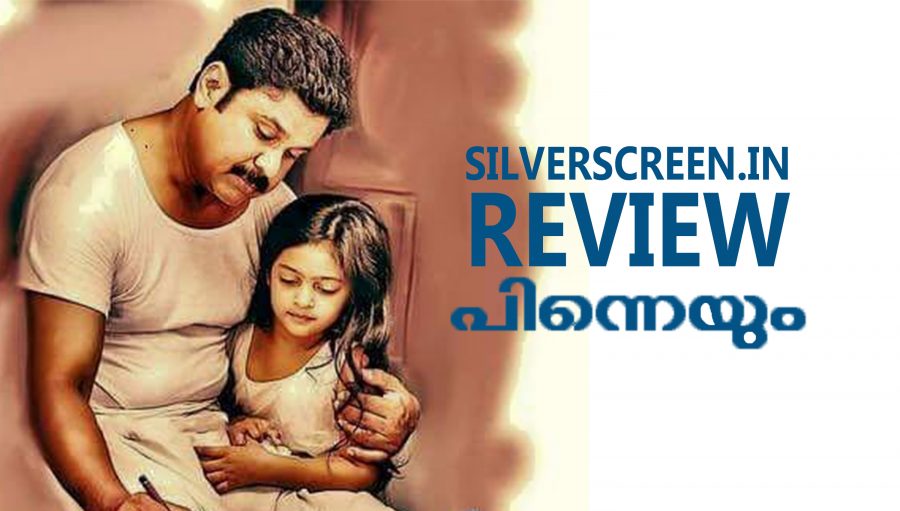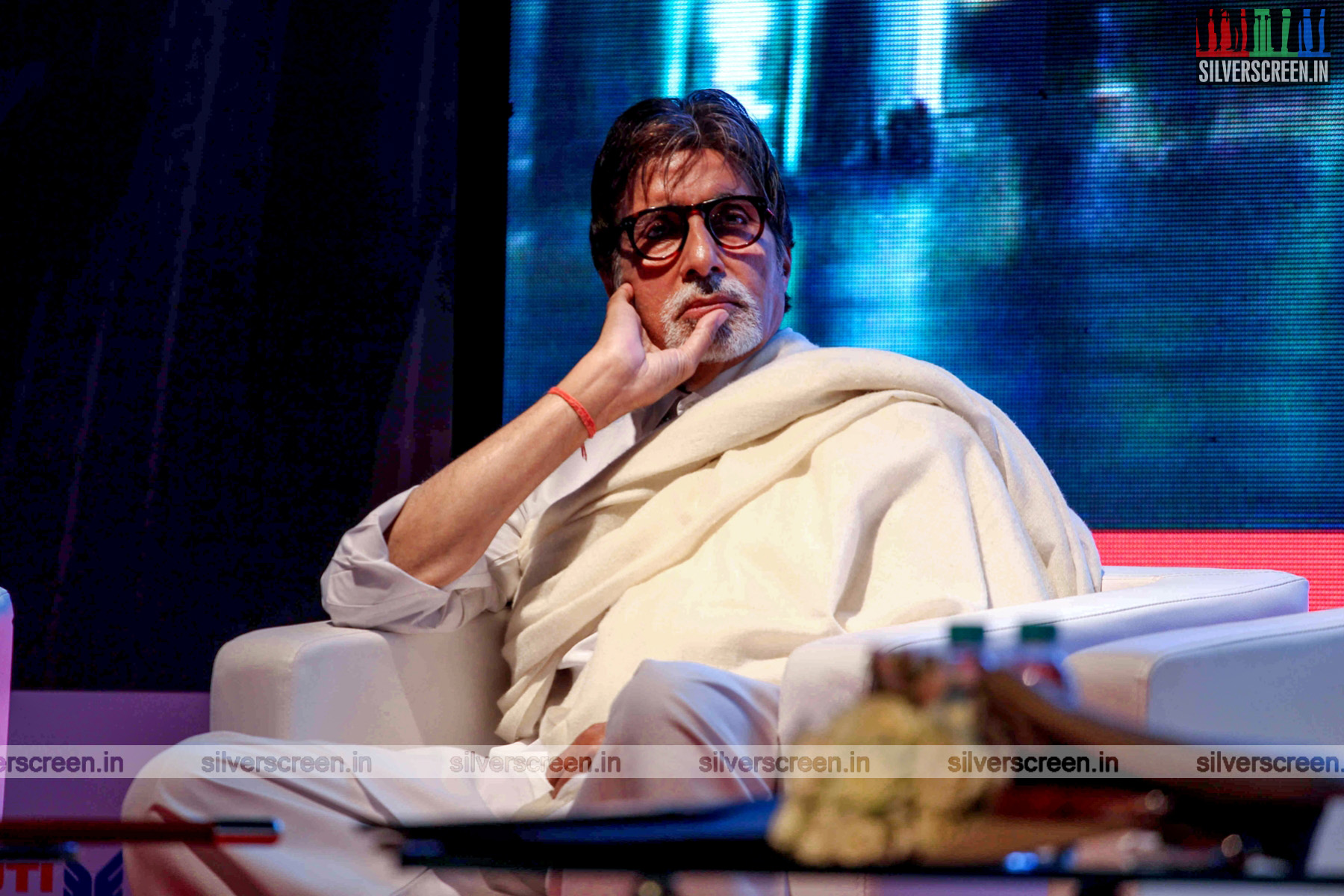After watching Pinneyum, what lingers is the melancholy background score composed by Bijibal. The music is so emotional, it’s almost out of place in the typical Adoor Gopalakrishnan universe. But then again, Pinneyum doesn’t bear the auteur’s signature style. There are few long pauses, conversations or metaphors. Fewer still are those calculated camera movements. And there’s a glaring absence of his mischievous sense of humour.
Nevertheless, there are some glimmering moments and character portrayals. Plus some recurring, yet impressive images of ordinary life that only Adoor can pull off.
*****
In what could be his most personal movie yet, Adoor narrates the story of a couple. Deeply in love, they part ways after a strange series of events. When they meet again, after 17 years, it looks like time has built an impassable rift between them. At the heart of this story is a murder that resembles a controversial criminal case that happened in Kerala in 1984. A clumsily laid plan falls through, and the murderer is forced to go into hiding for 17 years. Adoor, who is fascinated with the plight of the criminal, rushes through the crime scene. The real focus of the film is on the loneliness and depression of a man who failed miserably, both in life and death.
The movie is set in an erstwhile Kerala, when unemployment was at its peak and many migrated to the Gulf countries in search of a better life. Dileep plays Purushothaman Nair, an unemployed 31-year-old man, married to a school teacher, Devi (Kavya Madhavan), and father to a cheerful 6-year-old, Revathi (Akshara Kishore). Unable to find a job, Nair is reeling from low self-esteem. Devi, exhausted from work and distraught by the insults her own relatives throw at her husband, treats Nair with indifference. When he eventually gets a job in the Gulf, it completely changes the family’s life.
*****
Initially, the film focuses on Nair, drawing out his love for detective stories and his stoic attachment to Devi and Revathi. “I salute you for your endurance,” his brother-in-law Kuttan (an excellent Indrans) says when he sees Nair writing a job application early in the morning. Adoor the director drops these nuanced clues, as the big picture gradually begins to unfold.
The narrative continues, and the focus slyly shifts from Nair to Devi. Her days and nights are lonely now, and her regrets about not being kind enough to her husband are poignantly expressed through letters to him. Details of Nair’s life in the Gulf are kept in the dark.
Adoor’s story moves forward through simple, everyday actions. Devi switches off the light in her bedroom. The film depicts the changes in her psyche – her grief, hope, loneliness, and suffering – through repetitions of this one act.
*****
Anyone familiar with Adoor’s movies would be unsurprised by the chaste Malayalam the characters speak. “Salaam Universe”, says Mammootty’s Basheer when he wakes up in his prison cell in Mathilukal. In Vidheyan and Elippathayam, every character gets a measured number of words to mouth. The question of “Do people speak like this in real life?” has no relevance in Adoor’s cinema. Everyone moves, speaks, and behaves according to his command.
In Pinneyum, however, the dialogues fall short. They feel excessive in moments when a gaze or smile would have been enough. The lines have been written so dramatically, they could have been in a radio play. The seasoned trio of Kavya, Dileep, and Indrans handle minimise the damage, but the newcomers falter in dialogue delivery.
In one key sequence, the three men plan a crime. It’s impossible to imagine that a modest, retired school teacher would participate in a risky crime that could tarnish everything he has achieved in life. Just like that, what should have acted as the bridge to the two halves of the film becomes its weakest point.
*****
Indran’s Kuttan is the best-written character in the film. In a moving scene, he tells his little niece about his childhood, and how it was spent in different hospitals, because of the ailments he was born with. Life corrodes around him. A meek witness to the injustice of life, he never stops being sensitive to human suffering. Indrans, one of Malayalam cinema’s most talented actors, stands out in Pinneyum with an exemplary performance.
Recommended
Kavya Madhavan is perfect as Devi, chained to her circumstances. Like Rajamma of Elippathayam, she suffers for the mistakes that the men in her life have made. Her character Kavya expresses both nonchalance and emotional outbursts flawlessly.
*****
Pinneyum does not repeat the Adoor magic we last witnessed in Nizhalkkuthu (Shadowkill) in 2002. The director, at 75, has made a movie that would appeal more to him than anyone else. Like a poem a mathematics prodigy jots down on the last page of his notebook: Not half as brilliant as his usual self, yet carrying a strange appeal.
*****
The Pinneyum review is a Silverscreen original article. It was not paid for or commissioned by anyone associated with the movie. Silverscreen.in and its writers do not have any commercial relationship with movies that are reviewed on the site.



